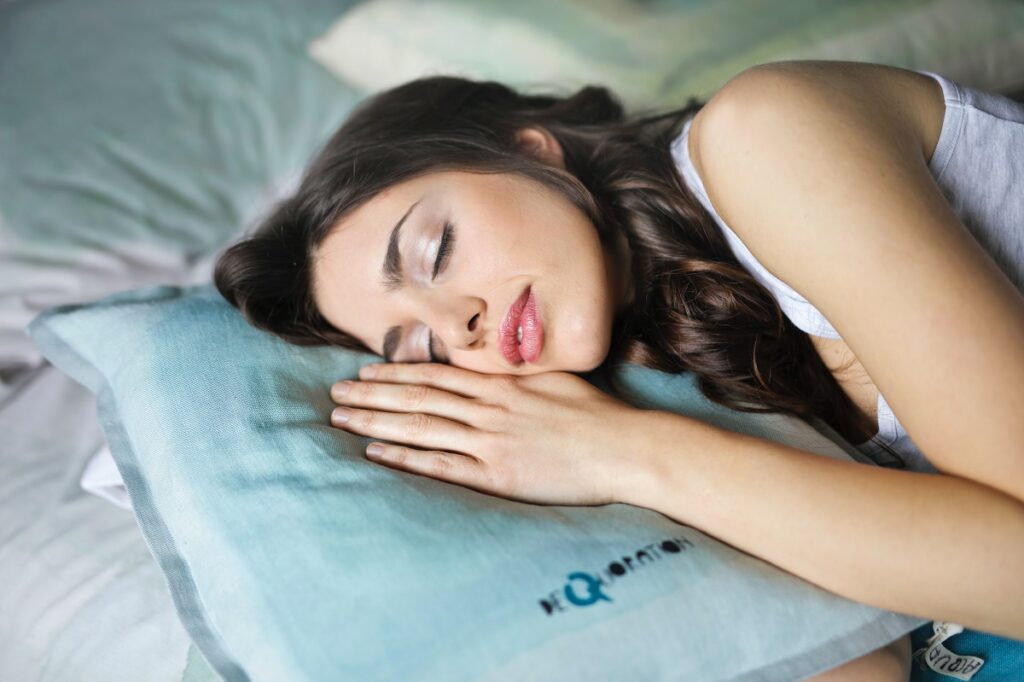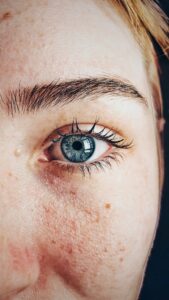The dangers of sleep apnea

Sleep apnea is a disorder that causes a person to stop breathing while they asleep. This causes them to wake up intermittently to breathe, which prevents a fully restful and healthy sleep. Over time, this condition can cause serious complications.
Three types of sleep apnea
- Obstructive sleep apnea: it is the most common type and is caused by the blockage of air flow to the lungs due to the relaxation of the throat muscles.
- Central sleep apnea: appears when the patient’s brain is not able to transmit signals correctly to the muscles responsible for respiratory movement.
- Mixed/complex sleep apnea: This form combines both obstructive and central types.
Who is most likely to suffer from sleep apnea?
Sleep apnea is more than is often thought, with perhaps as much as 10% of the population suffering from it to some degree. It can potentially afflict anyone, including young children, yet some people are at higher risk than others.
Obstructive sleep apnea is more common:
- With excess weight and obesity.
- In people with thicker necks (and narrower airways).
- In men before the age of 50. After age 50, it affects women and men at the same rate.
- As people get older.
- In people who are Black, Hispanic or of Asian descent.
Central sleep apnea is more common:
- In people who take opioid pain medications.
- In adults over 60 years old.
- In people with heart conditions.
- For some people using CPAP or who have obstructive sleep apnea, this can cause the development of central sleep apnea.
- When people live at high altitudes.
Symptoms
- Unusual breathing patterns, especially pauses in breathing, while asleep that others witness (such as a spouse).
- Waking up feeling short of breath or a choking sensation.
- Feeling tired or even exhausted after a full night’s sleep.
- Daytime drowsiness.
- Snoring.
- Mood changes, including depression and anxiety.
- Disruptions in brain function, including memory loss and trouble concentrating.
- Waking up repeatedly in the middle of the night.
- Insomnia.
- Night sweats and restlessness.
- Sexual dysfunction.
- Headaches and dry mouth after waking up.
Diagnosis
The best test for diagnosing sleep apnea is an overnight sleep study (polysomnogram). This is an overnight test where the patient sleeps in a special medical facility with sensors that monitor their heart rate, breathing, blood oxygen levels, brain waves and more.
Dangerous complications of sleep apnea
Sleep apnea is a condition that can severely disrupt a person’s life. Never getting a good night’s rest will lead to a person constantly feeling tired and they may fall asleep during the day. This may produce accidents or problems with work, hobbies, social activities, family life, etc. In addition, it increases the risk of several life-threatening conditions:
- Heart damage and heart failure. Sleep apnea causes an increase in pressure in the blood vessels, including those around the heart and the heart chambers themselves.
- Atrial fibrillation. Atrial fibrillation is a dangerous type of arrhythmia that disrupts blood flow through the upper left chamber of the heart. It causes blood to pool and linger for too long which can cause blood clots and strokes.
- Sudden cardiac death. Some sleep apnea related arrhythmias are especially severe and can stop the heart.
- Daytime drowsiness. Falling asleep while driving or operating dangerous machinery can have deadly implications.
- Other health issues. Greater predisposition to suffering from type 2 diabetes and liver problems.




